We’re there when they land
We welcome refugees as soon as they land in the U.S. and empower them with everything they need to start new lives.
While the reasons and the regions may vary, the story and desperation are the same. All refugees are seeking safety, freedom, and the chance to reclaim futures for themselves and their families.

Less than 0.1% will get the chance to start a new life
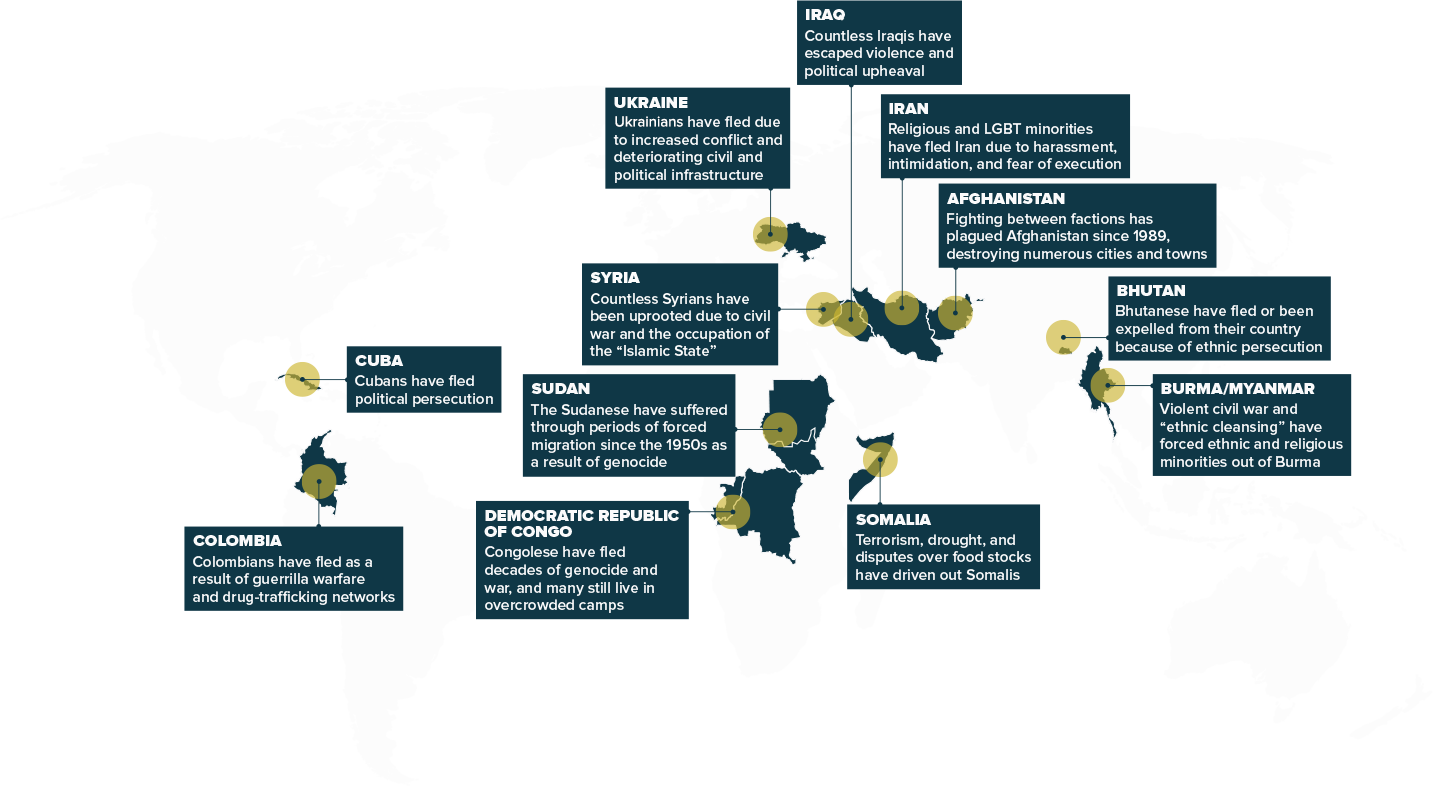
Ukrainians have fled due to increased conflict and deteriorating civil and political infrasctructure
Bhutanese have fled or been expelled from their country because of ethnic persecution
Violent civil war and “ethnic cleansing” have forced ethnic and religious minorities out of Burma
Colombians have fled as a result of guerrilla warfareand drug-trafficking networks
Cubans have fled political persecution
Congolese have fled decades of genocide and war, and many still live in overcrowded camps
Religious and LGBT minorities have fled Iran due to harassment, intimidation, and fear of execution
Countless Iraqis have escaped violence and political upheaval
Terrorism, drought, and disputes over food stocks have driven out Somalis
The Sudanese have suffered through periods of forced migration since the 1950s as a result of genocide
Countless Syrians have been uprooted due to civil war and the occupation of the “Islamic State”
Ukranians have fled due to increased conflict and deteriorating civil and political infrastructure
Those who are forced to leave their home country to escape war, violence, or persecution can register as refugees. But, there is so much more behind the label.
Their lives have been interrupted, and they have lost everything they know, love, and need to survive and thrive.
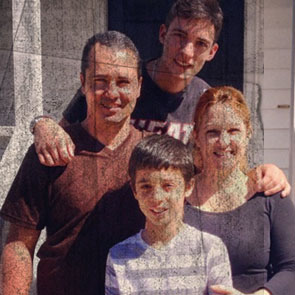
Homes
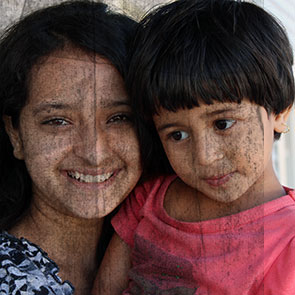
Families
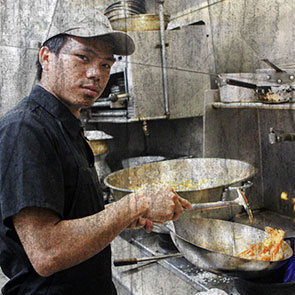
Freedom
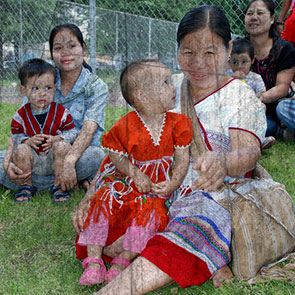
Futures
A common misperception is refugees are automatically processed into “temporary” emergency camps. The reality is they travel great distances, desperately seeking safety.
60-70% live in urban areas
Refugees who take shelter in urban settings must struggle to survive as unrecognized residents. In these situations, they are unable to contribute to and integrate into the community as they live in the shadows, fearful of deportation back to the threats of their home countries. Adults do not have the right to legitimate work and must take jobs that pay meager wages. In some countries, children can’t register for school and families can’t access health care.
Refugees who live in camps find temporary relief and shelter. But, these camps are not designed to be a long-term solution. Because the number of refugees is so large and the world nations take in so few, the average stay in a camp lasts 17 years. Living conditions are primitive and unsafe, and people lose hope of finding permanent homes and regaining normalcy.
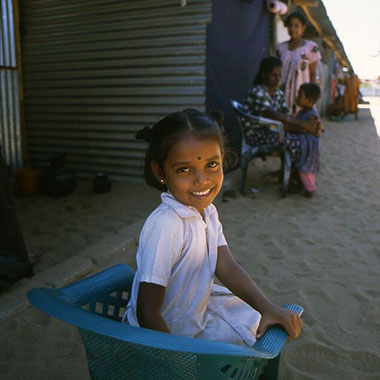
If conflicts resolve, some refugees may be able to return to their homes. In most situations, however, this option is not possible.
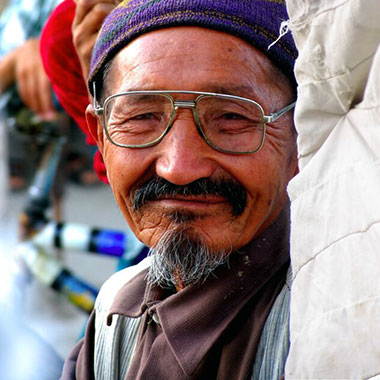
Some refugees are forced to live as second-class residents in the cities to which they fled. They live in poverty with limited access to work, education, and health care.

A fraction of refugees win the bureaucratic lottery and are able to move to a third county, like the U.S., where they have opportunities to establish new homes.
We welcome refugees as soon as they land in the U.S. and empower them with everything they need to start new lives.
We find refugees housing, help them navigate the new culture, and connect them with employment opportunities so that families become self-sufficient as quickly as possible.


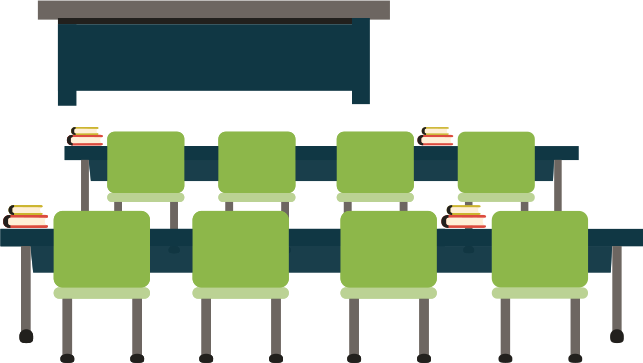
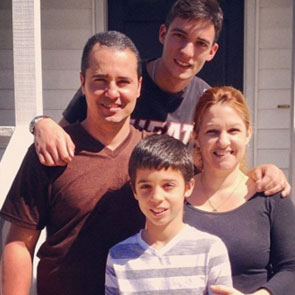
New Homes
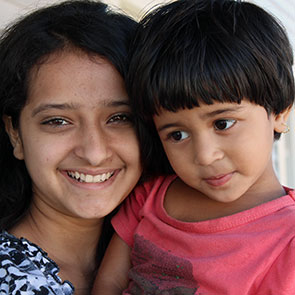
United Families
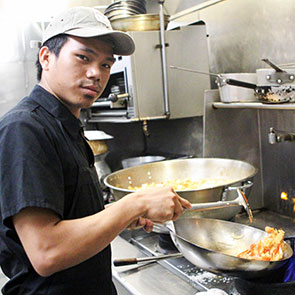
Regained Freedom
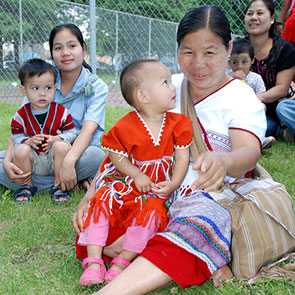
Bright Futures